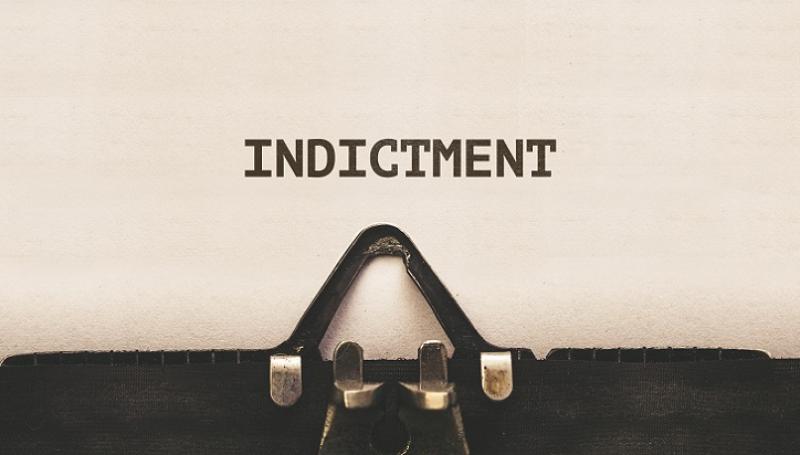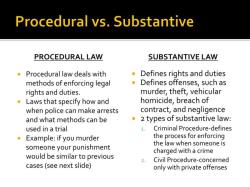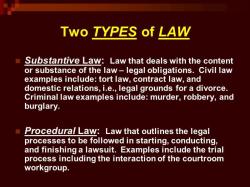What is the difference between an indictment and a charge?
The terms "indictment" and "charge" are related concepts in the legal field, but they refer to different stages in the criminal justice process. Here's a distinction between the two:
Charge:
- Definition: "Charge" is a broad term used to refer to the formal accusation or allegation that someone has committed a crime. It can encompass various ways in which a person is accused, and it is a generic term for the legal assertion that an individual is criminally responsible for an offense.
- Forms of Charges:
- Information: In some cases, a charge may be brought through an information, which is a formal written accusation filed by a prosecutor, often after a preliminary hearing.
- Complaint: A charge may also be initiated through a complaint, typically in less serious cases, where a law enforcement officer or private individual files a statement alleging a crime.
Indictment:
- Definition: An "indictment" specifically refers to a formal charge or accusation of a serious crime that is issued by a grand jury. A grand jury is a group of citizens convened to review evidence and determine whether there is probable cause to believe that a crime has been committed.
- Grand Jury Involvement: Indictments are commonly associated with grand jury proceedings, and they serve as a way to bring more serious criminal cases to trial.
Key Differences:
- Nature of Proceedings: A charge is a general term that can encompass various ways of formally accusing someone of a crime, including through an information or a complaint. An indictment, on the other hand, specifically involves the grand jury process.
- Grand Jury vs. Other Processes: An indictment is usually associated with grand jury proceedings, while charges can also be brought through other means like information or complaint, which may not involve a grand jury.
In summary, a "charge" is a general term for the formal accusation of a crime, and it can take various forms. An "indictment" is a specific type of charge that involves a formal accusation issued by a grand jury, indicating a more serious criminal offense.
Distinguishing between the concepts of indictment and a charge
Both indictments and charges are crucial pieces of the criminal justice puzzle, but they differ in some key ways:
1. Who brings the accusation:
- Indictment: Filed by a grand jury, a group of citizens who review evidence presented by the prosecution and decide if there's enough to put the accused on trial.
- Charge: Filed by the prosecutor directly, without needing grand jury approval. This typically happens for less serious offenses.
2. Standard of proof:
- Indictment: Requires probable cause - the grand jury must believe it's "more likely than not" that the accused committed the crime.
- Charge: Requires reasonable suspicion - a lower standard than probable cause, simply meaning the officer has legitimate reason to believe the accused committed the crime.
3. Timing:
- Indictment: Typically comes after an arrest and investigation, following grand jury proceedings.
- Charge: Can come before or after an arrest, depending on the nature of the offense and the level of evidence available.
4. Significance:
- Indictment: Serious, signifying a stronger case against the accused and triggering their right to an arraignment.
- Charge: Less formal, but still a serious step in the criminal justice process.
5. Alternatives:
- Information: In some cases, prosecutors can use an information, similar to a charge but not requiring grand jury approval, for certain offenses.
Here's an analogy:
- Think of an indictment as a grand jury acting as a gatekeeper, deciding if there's enough evidence to let the case proceed to trial.
- A charge is like the prosecutor formally entering the accused into the criminal justice system, regardless of the gatekeeper's decision.
Remember, both indictments and charges are accusations, not convictions. The accused is presumed innocent until proven guilty beyond a reasonable doubt in a court of law.
I hope this clarifies the distinction between these legal concepts! Let me know if you have any further questions.











